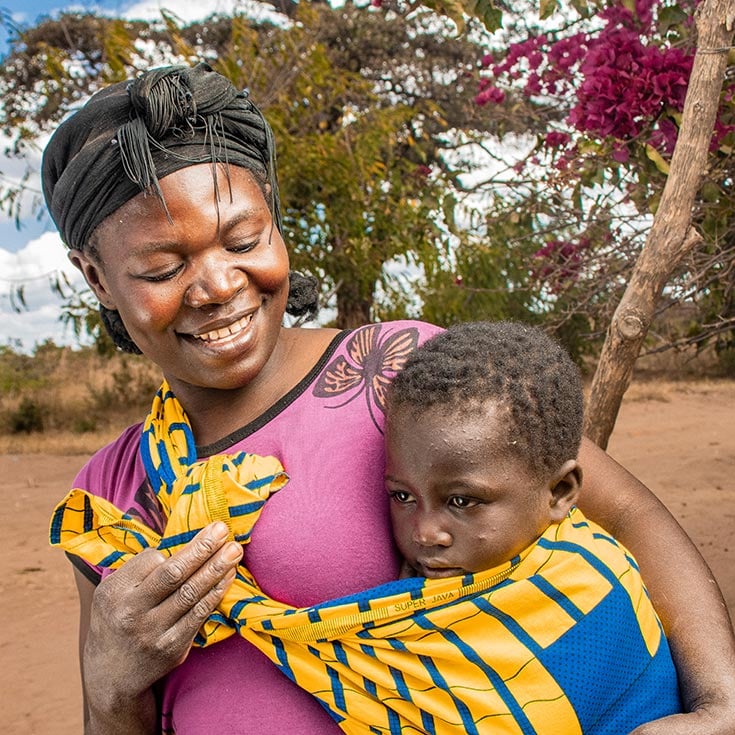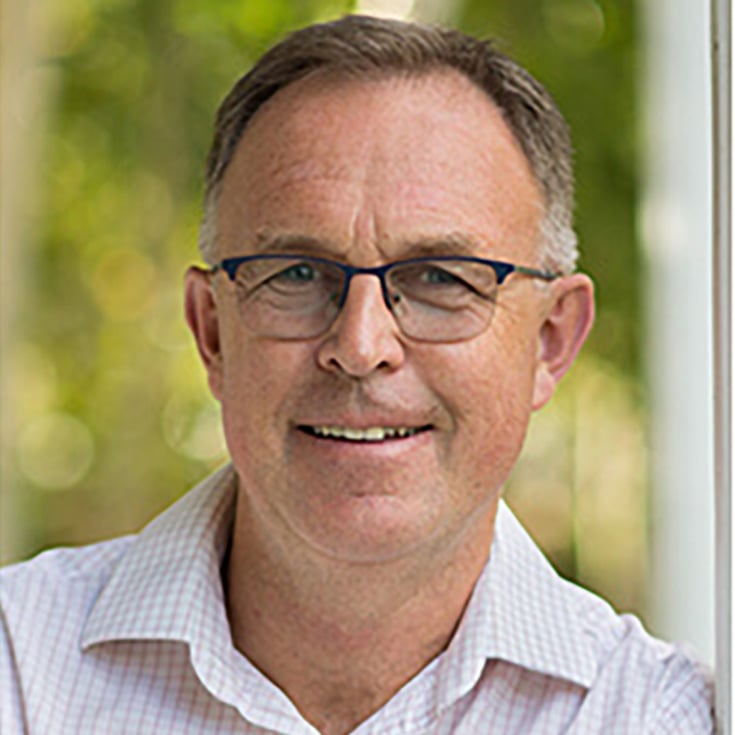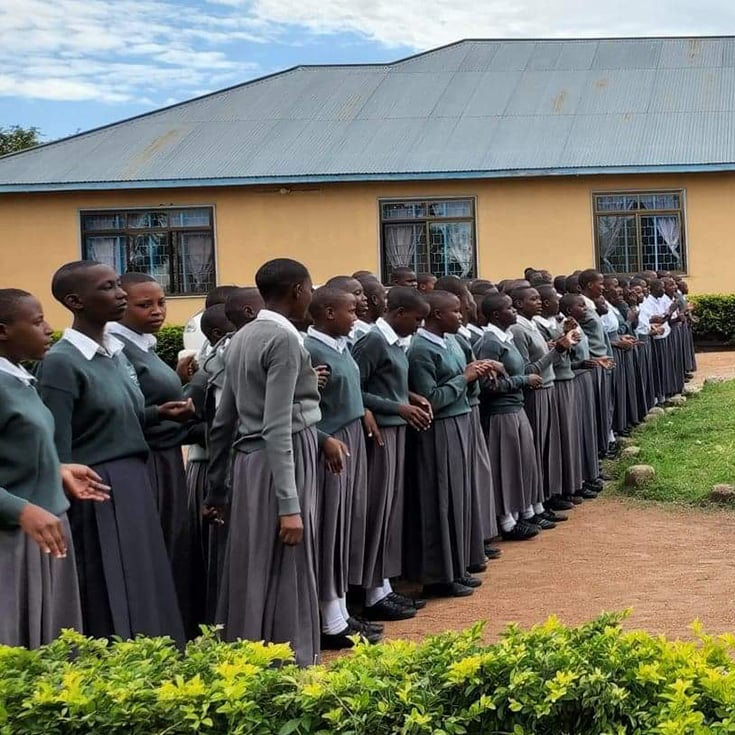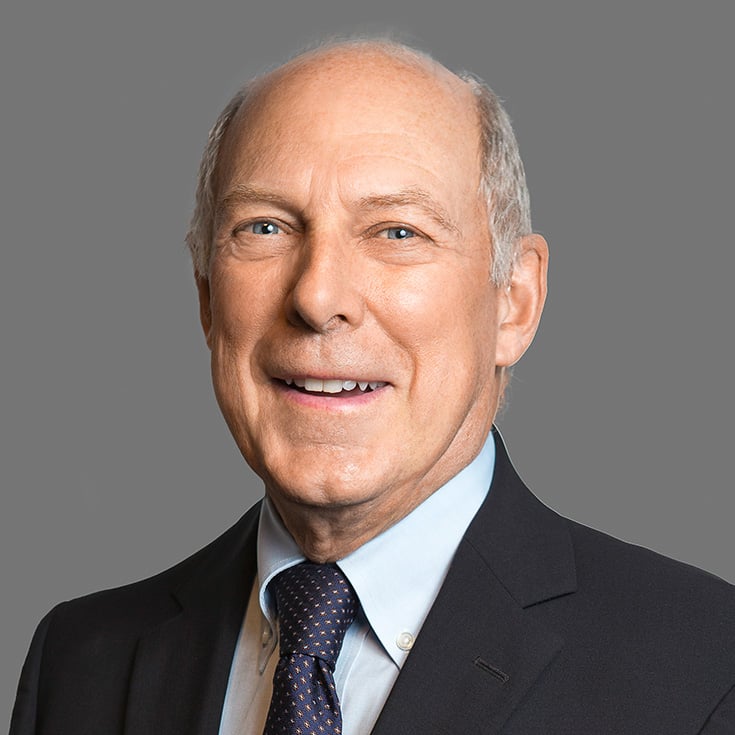Home Articles Going the distance: Philanthropy and overseas giving
Going the distance: Philanthropy and overseas giving
Giving internationally opens a wide range of cause areas to philanthropists. However, at present, there are only a modest amount of Australian donors, with an estimated 10 percent supporting overseas organisations. While it can be immensely rewarding, giving internationally does come with its challenges. Ensuring tax deductibility, choosing what programs to fund, and who to entrust with your donation, are just a few.
In this article, we speak with not-for-profit industry leaders on the opportunities and considerations for philanthropists seeking to fund internationally. Two APS clients also generously share the ways they give to and support overseas projects.
Collaborating for international development
“Some people believe there are too many hurdles to jump through when giving internationally,” says Julie Rosenberg, Executive Officer of the Australian International Development Network (AIDN), a multi-sector collaboration for overseas development. “There are so many myths about international giving that we work hard to dispel, such as that it’s too risky or that it’s hard to trust overseas organisations.”

"They’re not supported by glossy brochures and marketing campaigns, but local leaders know the best solutions to local problems."
Julie Rosenberg, Executive Officer of AIDN
Julie recognises it can feel overwhelming deciding who and what to fund but reassures there is help at hand. “Donors can reach out to local networks to identify who to fund or tap into the support available at AIDN. You can also speak to our members, many of whom have been funding internationally for years.”
She says backing community leaders is also a good starting point. “They’re not supported by glossy brochures and marketing campaigns, but local leaders know the best solutions to local problems.”
Tax-deductibility through giving platforms
Partners for Equity is a giving platform linked to more than 50 international charitable organisations across Africa and Asia, spanning education, livelihoods, health and human rights.

"The number of quality organisations with DGR Item 1 status working overseas in disadvantaged communities has increased."
Mark Cubit, director of Partners for Equity
Mark Cubit, a director of Partners for Equity, says policy changes have made overseas giving easier over time and given donors more options. “The number of quality organisations with DGR Item 1 status working overseas in disadvantaged communities has increased.”
Mark believes one of the benefits of funding in this space is the scale of impact sometimes achievable in a relatively short timeframe. In one of Partners for Equity’s recent projects, he recounts, a straightforward solution saw immediate results. “We didn’t need to spend millions of dollars or take years piloting something. With an upfront investment of $150,000 and a small annual contribution to running costs, we built a school that’s enabled hundreds of local children to benefit from an education they wouldn’t otherwise receive.”
Local knowledge leads the change
Helen Hoskins is an APS client and philanthropist who has seen the impact of her giving with her own eyes. After moving to Tanzania in 1983, Helen set up the Grace and Mercy Foundation in 2013 to support several projects in Tanzania.
When the local Bishop identified the need for a high school for local girls in Bunda, Grace and Mercy Foundation provided funding via Anglican Aid. “I saw firsthand the impact of the school on the girls’ lives. It was hugely exciting to see what you can do with a small amount of money, like build a whole classroom.”

"I saw firsthand the impact of the school on the girls’ lives."
Helen Hoskins, founder of Grace and Mercy Foundation
Giving through a PAF enabled Helen to provide ongoing contributions to Tanzanian communities, rather than giving a one-off donation and walking away. “Since starting my PAF, I’ve felt more confident in what I’m doing in Tanzania.”
Helen also believes in localised capacity-building. “Local people understand cultural context and the way things work. Donors can equip them to own and run their own projects.”
Finding a giving focus
APS client Dr. Dan Evans, founder of The Evans 5 Fund, says the decision to support international development was a natural one. His many years working overseas also led him to set up the non-profit Cross Sector Development Partnerships Initiative (XSPI) to catalyse a more collaborative approach to social development in the Asia Pacific.

"Seek out people you know who are already having a successful experience giving internationally. They can help you get started and work out what’s important to you, geographically and thematically."
Dan Evans, founder of the Evans 5 Fund
Having a giving fund with the APS Foundation has helped Dan and his family reduce time spent on administration and concentrate on supporting impactful projects. Developing a giving strategy has also helped refine their family’s focus. Dan’s daughter Jenna says it’s a worthwhile investment. “Articulating our focus has enabled us to say no to things, making giving less overwhelming. Focusing has also enabled us to see more impact in our chosen areas.”
When beginning overseas funding, Dan recommends speaking to people you trust. “Seek out people you know who are already having a successful experience giving internationally. They can help you get started and work out what’s important to you, geographically and thematically.”
Get help with your giving
The APS Giving Services team is available to support you should you wish to discuss the opportunities in international giving further.
Photo credits
First photo: Mother and child, courtesy of AIDN and Wandikweza (Malawi)
Third photo: Morning parade at Bunda Girls’ Secondary School (Tanzania)
